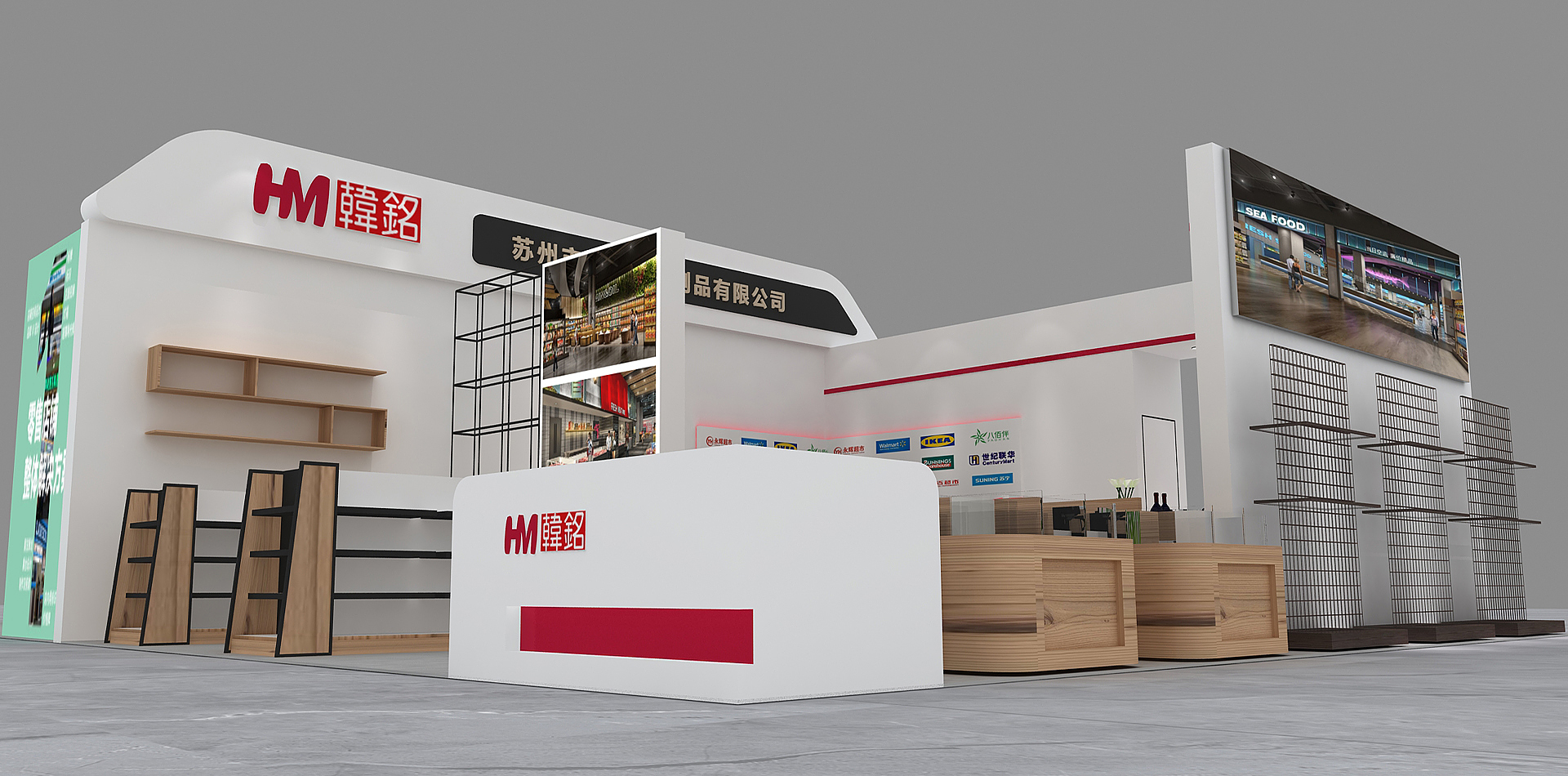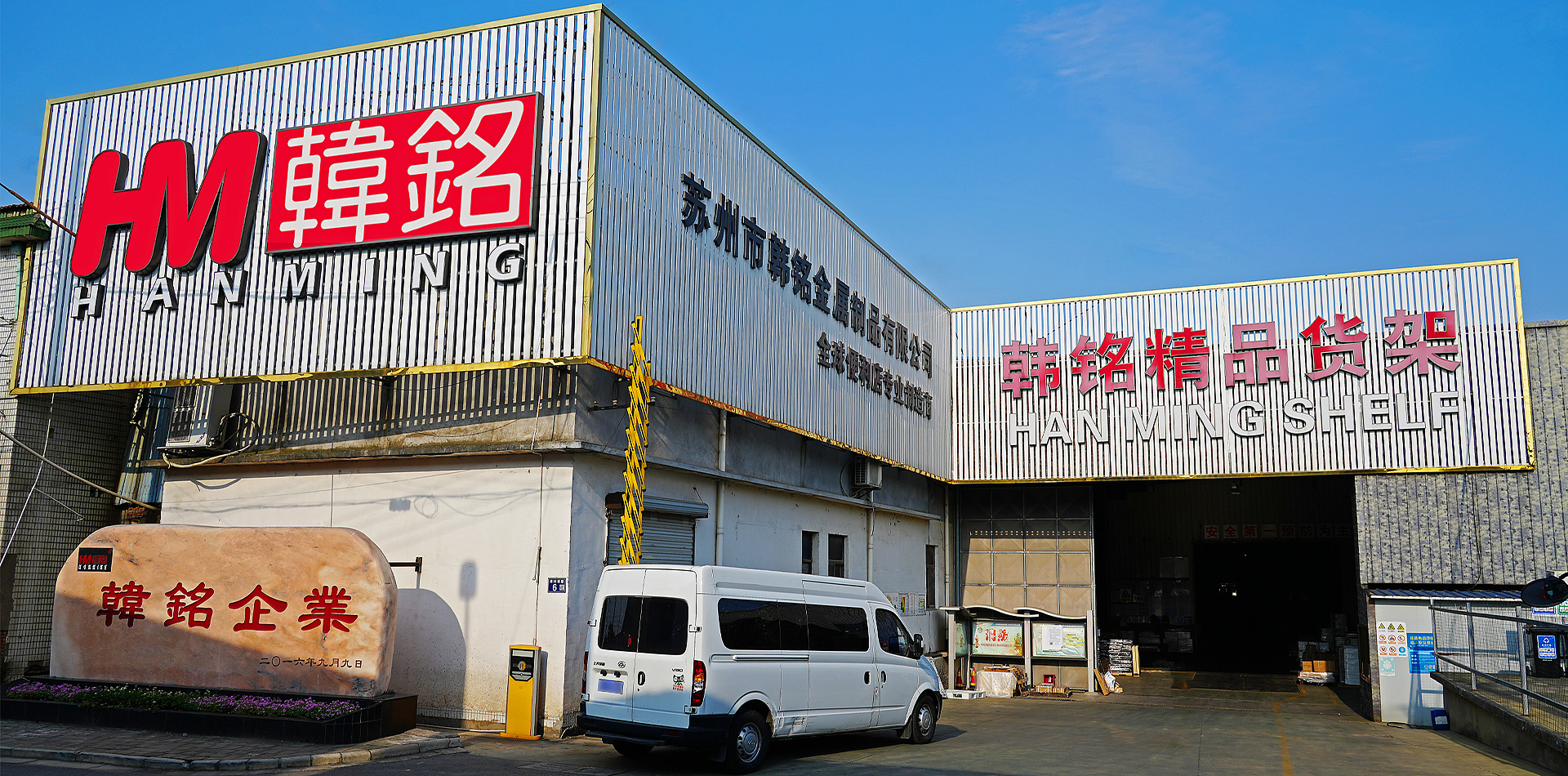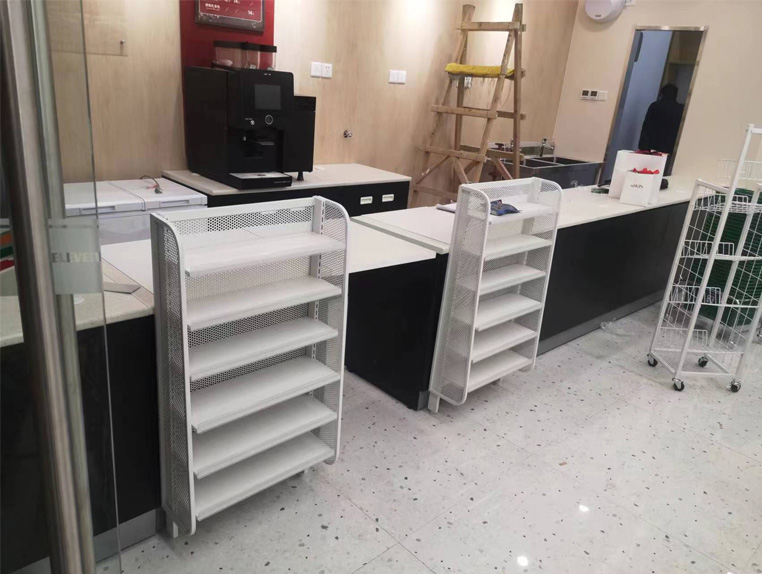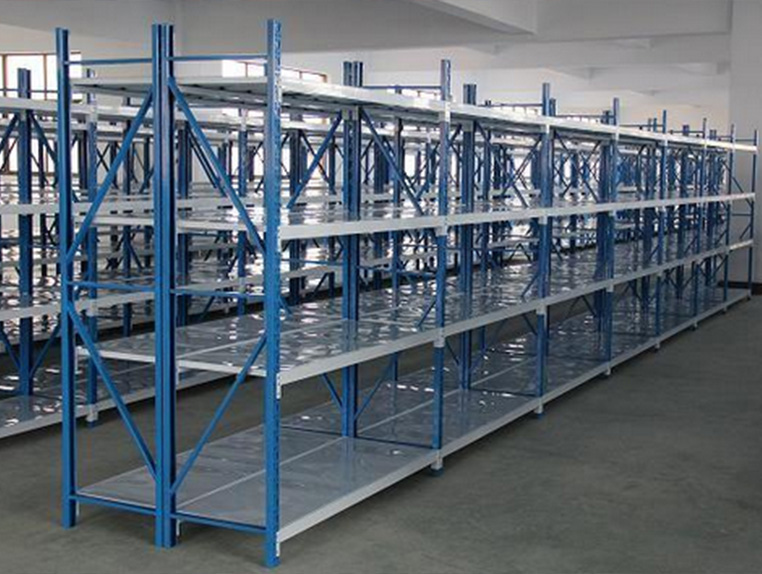You Are Here:Home > Information dynamics
> Industry dynamics
NEWS CENTER
Recommended news
- What are the main uses of lightweight storage shelves
- How is the display effect of the island shelves in the mother and baby area
- How to maintain the cash register in a convenience store
- What are the characteristics of convenience store shelves
- What are the advantages of shelves in internet famous snack shops
Recommended products
What are the main uses of lightweight storage shelves
source:www.hanming.net.cn | Release time:2025-03-31
Lightweight storage shelves have the characteristics of relatively low load-bearing capacity, lightweight structure, and easy installation, and are mainly used in the following places:
1. Small warehouse: For small warehouses that store light weight and a wide variety of goods, lightweight storage shelves can fully utilize space and facilitate the classification, storage, and management of goods. For example, some e-commerce companies' small warehouses store various lightweight goods such as stationery, accessories, small electronic products, etc. The use of lightweight storage shelves can partition and store different types of goods, making it easy to quickly search and sort.
2. Store backyard: Supermarkets, convenience stores, and other retail locations have limited storage space in the backyard and require a large amount of daily necessities, food, beverages, and other goods to be stored. Lightweight storage shelves can be flexibly combined and used according to the size and weight of the goods, arranging them neatly and improving the utilization of the back space. At the same time, it is also convenient for staff to replenish and organize goods.
3. Corporate Office: Corporate offices usually need to store documents, materials, office supplies, and other items. Lightweight storage shelves can be used as file storage racks to classify and store file boxes, folders, etc., making office file management more standardized and orderly, and facilitating employees' search and use. In addition, it can also be used to store some spare office supplies, such as printing paper, ink cartridges, folders, etc., for easy access at any time.
4. Production workshop: In the production workshop, lightweight storage shelves can be used to store small tools, components, raw materials, etc. used in the production process. For example, in the production workshop of an electronics factory, lightweight storage shelves can be used to store small electronic components such as resistors, capacitors, and chips. Components of different specifications and models can be classified and stored, making it easier for workers on the production line to quickly access and improve production efficiency.
5. School Library: In addition to storing a large number of books, the school library also has some magazines, periodicals, teaching materials, and other items that need to be stored. Lightweight storage shelves can be used to store these materials, organizing them by category and chronological order to facilitate library staff management and reader borrowing.
1. Small warehouse: For small warehouses that store light weight and a wide variety of goods, lightweight storage shelves can fully utilize space and facilitate the classification, storage, and management of goods. For example, some e-commerce companies' small warehouses store various lightweight goods such as stationery, accessories, small electronic products, etc. The use of lightweight storage shelves can partition and store different types of goods, making it easy to quickly search and sort.
2. Store backyard: Supermarkets, convenience stores, and other retail locations have limited storage space in the backyard and require a large amount of daily necessities, food, beverages, and other goods to be stored. Lightweight storage shelves can be flexibly combined and used according to the size and weight of the goods, arranging them neatly and improving the utilization of the back space. At the same time, it is also convenient for staff to replenish and organize goods.
3. Corporate Office: Corporate offices usually need to store documents, materials, office supplies, and other items. Lightweight storage shelves can be used as file storage racks to classify and store file boxes, folders, etc., making office file management more standardized and orderly, and facilitating employees' search and use. In addition, it can also be used to store some spare office supplies, such as printing paper, ink cartridges, folders, etc., for easy access at any time.
4. Production workshop: In the production workshop, lightweight storage shelves can be used to store small tools, components, raw materials, etc. used in the production process. For example, in the production workshop of an electronics factory, lightweight storage shelves can be used to store small electronic components such as resistors, capacitors, and chips. Components of different specifications and models can be classified and stored, making it easier for workers on the production line to quickly access and improve production efficiency.
5. School Library: In addition to storing a large number of books, the school library also has some magazines, periodicals, teaching materials, and other items that need to be stored. Lightweight storage shelves can be used to store these materials, organizing them by category and chronological order to facilitate library staff management and reader borrowing.
Previous:
period
Next:
How is the display effect of the island shelves i…
【Related articles】
【Related Products】
Consultation hotline0512-52436990

- Product series
- Storage shelves
- Supermarket shelves
- Scenario display
- Supermarket shelves
- Cashier
- Wall shelf
- product display
- other parts
- product display
- Kitchen supplies
- Cleaning supplies
- Fruit and vegetable food
- Maternal and Child Home Furnishings
- About Us
- Website homepage
- About Us
- Contact Us
- News Center
- MESSAGE
 WeChat:
WeChat:










 home
home
 WeChat
WeChat
 telephone
telephone